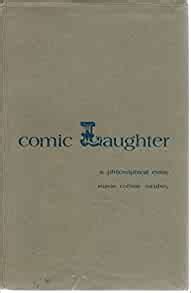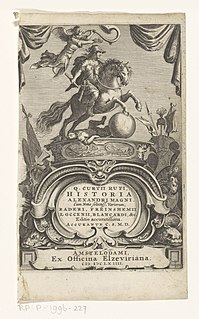A Quote by Horace
A comic matter cannot be expressed in tragic verse.
[Lat., Versibus exponi tragicis res comica non vult.]
Related Quotes
the true art of the gods is the comic. The comic is a condescension of the divine to the world of man; it is the sublime vision, which cannot be studied, but must ever be celestially granted. In the comic the gods see their own being reflected as in a mirror, and while the tragic poet is bound by strict laws, they will allow the comic artist a freedom as unlimited as their own.
America is said to be the arena on which the battle of freedom is to be fought; but surely it cannot be freedom in a merely political sense that is meant. Even if we grant that the American has freed himself from a political tyrant, he is still the slave of an economical and moral tyrant. Now that the republic--the res- publica--has been settled, it is time to look after the res- privata,--the private state,--to see, as the Roman Senate charged its consuls, "ne quid res-PRIVATA detrimenti caperet," that the private state receive no detriment.
The blues is an impulse to keep the painful details and episodes of a brutal experience alive in one's aching consciousness, to finger its jagged grain, and to transcend it, not by the consolation of philosophy but by squeezing from it a near-tragic, near-comic lyricism. As a form, the blues is an autobiographical chronicle of personal catastrophe expressed lyrically.


































